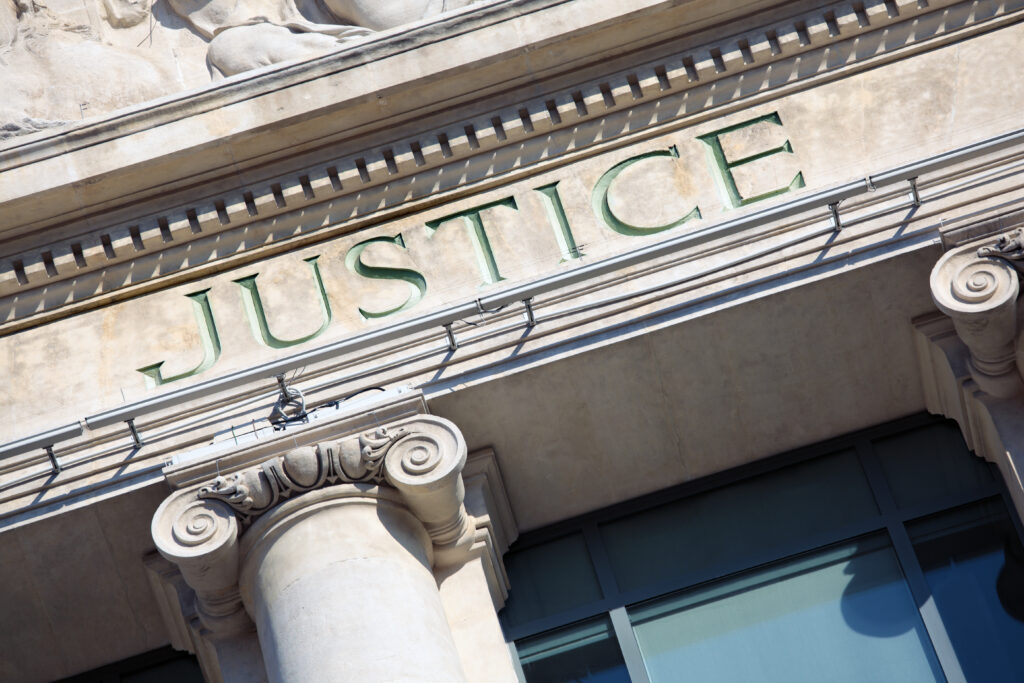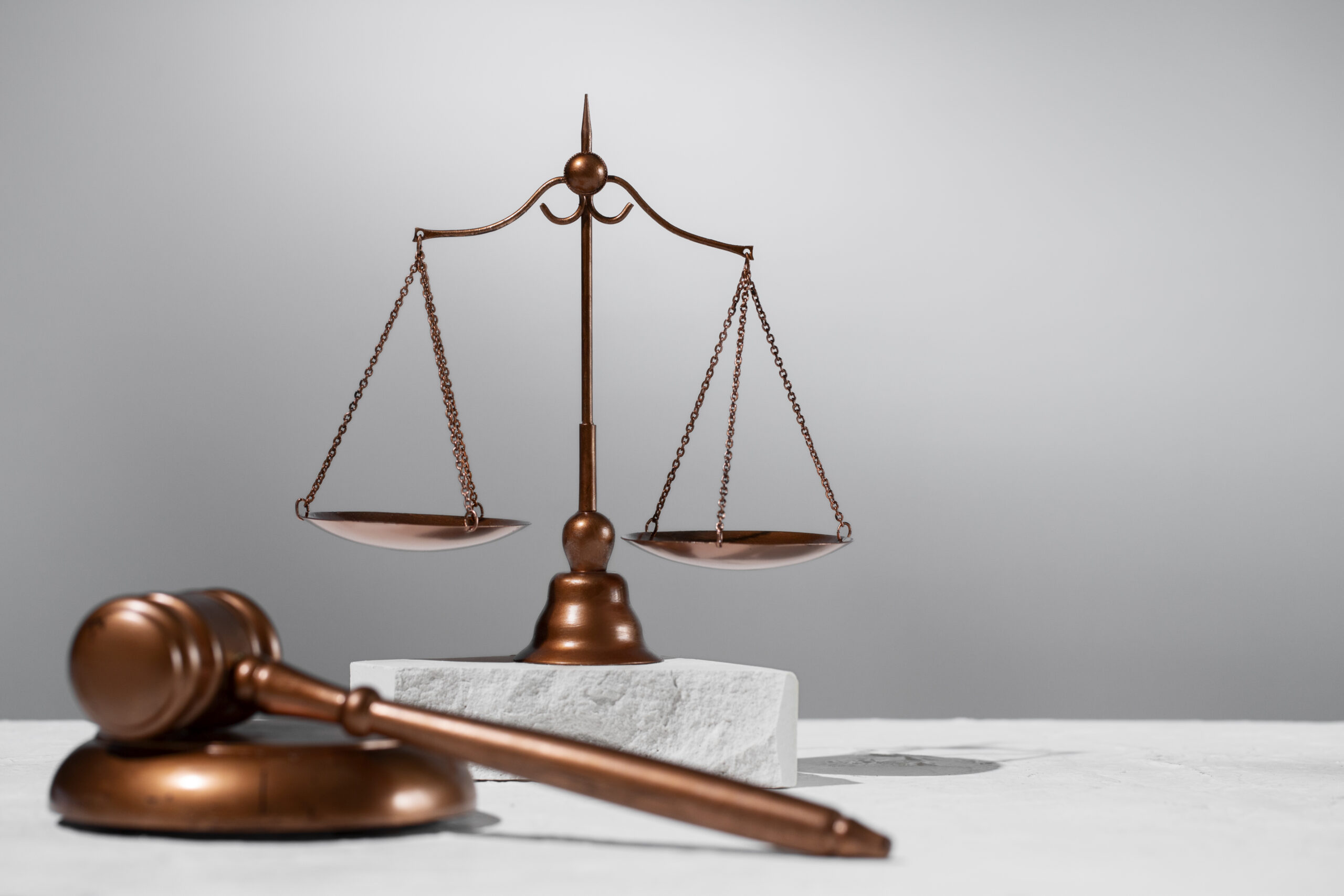BY KALIPI NDANYAMA-ELAO
It is disheartening to hear cases of violence and abuse take place in a place I call “motherland.” Yet victims of these cases do not rise and independently defend what has been given to them by the constitution. It definitely does not give me peace of mind to be awakened by news of harassment and abuse aroused by a lack of awareness of what the law says.
The Federation of African Law Students (FALAS) is the largest law association that aims to unify the African voice in Namibia and around Africa as a whole. It does so by ensuring that African voices are not only heard but also considered and upheld in all the various ways possible. FALAS codifies its ruling theme for each year in assurance that it carries out its mandate of unifying the African voice. Every year has a theme, and this year’s theme is “Upholding the Rule of Law: A Gateway to Enhancing Equality, Social Justice, and Economic Development.”
The only way to safeguard and ensure that Namibians are free from all sorts of violence and abuse is through informing and educating them of their basic human rights stipulated in Chapter three of the Namibian Constitution.
Kalipi Ndanyama-Elao

It is on the above grounds that FALAS upholds the rule of law by taking the law to the people by outreaches and stretching out to marginalised communities since the people in these areas are prone to being victims of abuse and, in the end, do not take measures because they have no awareness as to where their light shines.
Furthermore, it only makes sense that the law is made available to everyone, regardless of their social and economic circumstances. Research has shown that most Namibians know their rights are merely enshrined in the constitution. However, they do not have a full understanding of how they can meaningfully exercise them in reference to the constitution.
FALAS sets out to take the law to the people and educate them on what the law stipulates about human rights, and how anyone who may find themselves in situations where the law may not be found can drastically take measures to ensure their rights are upheld and protected.
There are community outreach programs aimed at reaching out to rural communities around the capital city to give them free legal advice and education on human rights. There are also instances when the constitution is distributed in public so that Namibian citizens stay informed as to what the law says and how they can seek refuge in it.
Overall, Namibian citizens need to know and understand their basic human rights. It is only through knowing these rights and these laws that they can truly exercise them, as well as having knowledge of when violations of these rights occur and the measures one shall take against such violations.



